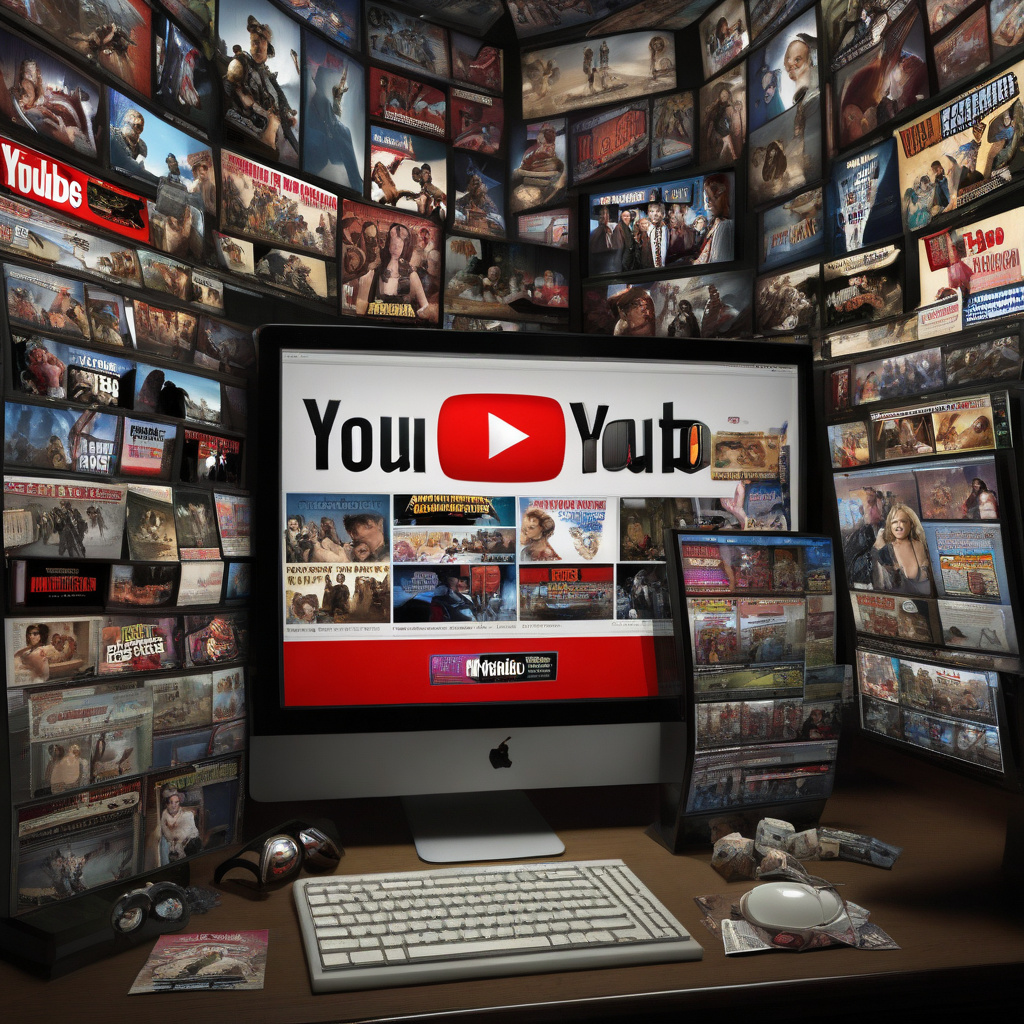Fake Movie Trailer Channels Banned from Monetization on YouTube: Hollywood Studios Take a Stand
In the ever-competitive world of online content creation, YouTube has become a battleground for creators seeking to attract viewers and earn revenue. One controversial trend that has recently come under fire is the proliferation of fake movie trailer channels, which have been banned from monetization on the platform. This move comes as Hollywood studios reportedly pushed to keep ad revenue flowing for authentic trailers, highlighting the ongoing struggle between legitimate content creators and those seeking to exploit popular trends for financial gain.
Fake movie trailer channels have gained popularity in recent years by creating misleading and often sensationalized trailers for non-existent films. These channels use clickbait tactics to attract viewers, promising exclusive footage of highly anticipated movies only to deliver fabricated content. While some viewers may find these fake trailers entertaining, they ultimately undermine the integrity of the filmmaking industry and deceive audiences.
Hollywood studios have been vocal in their opposition to fake movie trailer channels, as these deceptive practices can harm the marketing efforts of genuine films. By flooding YouTube with misleading content, fake trailer channels not only confuse viewers but also divert attention and ad revenue away from legitimate trailers released by studios. This not only affects the bottom line of the studios but also undermines the efforts of filmmakers and actors who rely on accurate promotion to reach their audience.
The ban on monetization for fake movie trailer channels represents a significant step in combating this issue and protecting the interests of the film industry. By cutting off the financial incentives for creating deceptive content, YouTube aims to discourage the proliferation of fake trailers and promote transparency and authenticity in online media. This move is a clear signal to content creators that misleading practices will not be tolerated, and that platforms like YouTube are committed to supporting legitimate creators and upholding industry standards.
While the ban on monetization is a positive development, it also raises questions about the responsibility of platforms like YouTube in policing content and ensuring fair practices. As the digital landscape continues to evolve, the need for effective moderation and enforcement mechanisms becomes increasingly apparent. By taking a stand against fake movie trailer channels, YouTube sets a precedent for holding creators accountable for their content and upholding the integrity of the platform.
In conclusion, the ban on monetization for fake movie trailer channels on YouTube is a necessary step in combating deceptive practices and protecting the interests of the film industry. Hollywood studios have pushed for this action to safeguard their marketing efforts and ensure that genuine trailers receive the attention and revenue they deserve. As online platforms grapple with the challenges of regulating content, initiatives like this serve as a reminder of the importance of transparency and integrity in digital media.
fake trailers, YouTube, Hollywood, monetization, content creators












